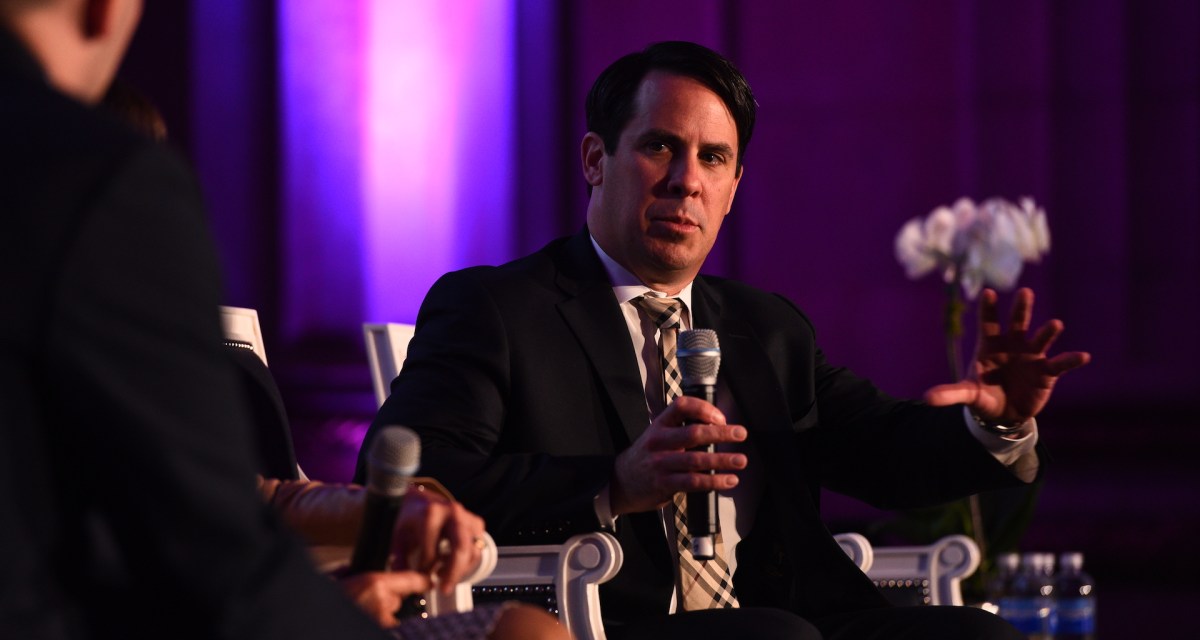FBI’s recruitment strategy for cybersecurity pros starts early, focuses on high school

The FBI’s longterm strategy for hiring proficient cybersecurity professionals involves reaching into high schools, helping foster STEM education and perhaps most importantly, encouraging students to enroll in Scholarship for Service programs that eventually guide them toward Quantico, said Howard Marshall, deputy assistant director of the bureau’s cybersecurity division.
“[Cyber workforce recruitment] is a huge challenge for us, maybe one of our biggest,” Marshall said Wednesday at CyberTalks in Washington, D.C. “We have a significant portion of our agents and investigators that are not equipped, what you could probably call not tech-savvy, that are not going to be much help when it comes to the technical side of an investigation.”
Marshall said the FBI currently has a nationwide pilot program in which agents are working to encourage the study and development of science, technology, engineering and mathematics courses in high school. The idea is to get students engaged in exercises and other activities that can help prepare them for a career in cybersecurity. The efforts are individually led by 10 different FBI field offices, he said.
“What we want to do is get to these kids in high school, get them into STEM programs and then we want to get them into colleges and universities that sponsor Scholarship for Service,” explained Marshall. “During those summers off, between semesters, we want to bring them in as college interns and get their clearances done and passed and get them onboard to start working with us so they can understand what the mission is. And then guarantee those folks a job when they graduate provided they follow their course study and make the grades.”
Although it may take four or five years before the bureau sees the “fruits of that labor,” Marshall said the strategy has the potential to help create a highly skilled generation of cybersecurity experts that will one day fill positions inside the FBI.
The Scholarship for Service program, or SFS, is organized by the National Science Foundation. It offers to pay the full tuition cost of a two- or four-year college if a student studying cybersecurity commits to working in a federal, state or local government office for two years after receiving a diploma.
Due to the increasing cost associated with hiring an adept cybersecurity workforce, a considerable number of military and civilian agencies lean on the SFS to acquire capable talent.




